Home »
Misc »
How to have a high basketball iq
How to have a high basketball iq
What is Basketball IQ (and How to Improve Yours)?
It’s easy to measure most stats and attributes that make up a good basketball player. From scoring averages to great work ethic many can be tracked on paper and in the gym. But there is one key component to being a great – next-level basketball player – that can’t be measured with numbers and stats. It’s Basketball IQ. It’s a mysterious term thrown around when talking both about some of the greats in the NBA, as well as in practice with new players. But what does basketball IQ really mean?
What is Basketball IQ?
Generally speaking, basketball IQ refers to the ability to just instinctively play the game and adapt to any situation that comes up. Knowing how to put the right play into motion at the right time is a skill that many players don’t instinctively possess. It combines a blend of technical skill, game awareness and understanding, plus experience. Basketball IQ is something that may not put points on the scoreboard or improve individual on-paper stats – unless you really dig deep.![]() It does directly affect the game and can help your team win.
It does directly affect the game and can help your team win.
Among basketball teams or even in a in a game of pick-up, there are always players who are top picks that for some reason you want on your team. Especially if they don’t necessarily fill the stat sheet, you know your team is just better with them on the floor. Often, these are players with high IQ (even if you don’t realize it).
Characteristics of players with high basketball IQ include:
- Plays with efficiency: doesn’t expend energy running across the court unnecessarily
- Instinctively knows which play to make and when
- Keeps his eyes on the court and seems to know what’s happening in all corners
- Adapts to changes
- Recognizes when it’s time to pass and when it’s time to keep the ball and move
- Knows what to do when they have and don’t have the ball
- Gets creative with plays, with ball handling and with on court moves
Now that you know what basketball IQ is, how do you fare?
How to improve your basketball IQ
Watch to Learn
Any basketball player will naturally enjoy watching games. But are you watching for enjoyment or to learn? Record games and re-watch them with a focus on different plays being used, new moves you haven’t mastered and whatever details sets the teams apart and makes individuals and teams successful. Pick a few players that you know have specific basketball IQ traits that you’d like to learn and spend time studying them.
But are you watching for enjoyment or to learn? Record games and re-watch them with a focus on different plays being used, new moves you haven’t mastered and whatever details sets the teams apart and makes individuals and teams successful. Pick a few players that you know have specific basketball IQ traits that you’d like to learn and spend time studying them.
Get Curious
Spend time online studying some of the greats that you’d like to emulate. Learn about how they got started, where they picked up their skills, and what their skill building routine looks like. Find players, coaches, trainers and analysts on social media and use them as a resource. Don’t be afraid to ask questions, whether it’s to your coaches and trainers or to those you follow online. Asking questions just helps you further your knowledge, so that when it comes time to get onto the court, you can put your knowledge into action and improve your technical skills.
IBSA’s Basketball Academy teaches youth athletes how to become elite players.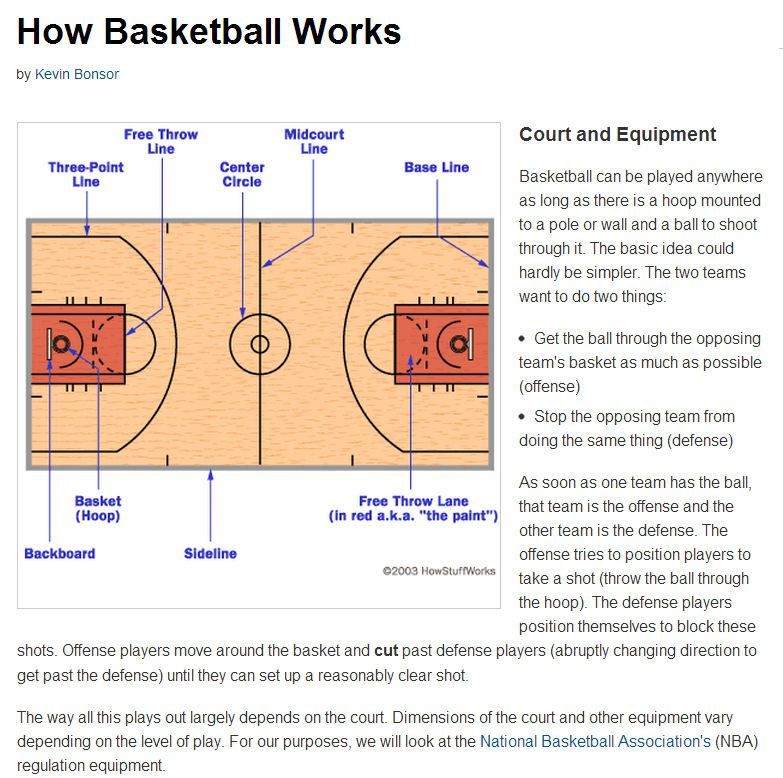 That includes a focus on conditioning, strength, skill and with an emphasis on how fundamentals translate into game play. Our athletes learn how to become students of the game.
That includes a focus on conditioning, strength, skill and with an emphasis on how fundamentals translate into game play. Our athletes learn how to become students of the game.
Learn from other players
There are always going to be players out there that can do something better than you can. No player is perfect in all areas. A good learning tool is to pick out a few of those players whose basketball IQ is something you admire, and study their game. Whether it’s the more experienced players you play ball with in the park, a pro you follow on TV or a teammate you look up to, watching how these players play the game and make moves that show their high basketball IQ will help you improve your game.
Analysts often talk of players with great basketball IQ as being “Students of the Game”. This is true as they watch and analyze game footage more than others. They practice on the court, they work out in the gym (because they know they need strength and conditioning), and they watch highlights and study film.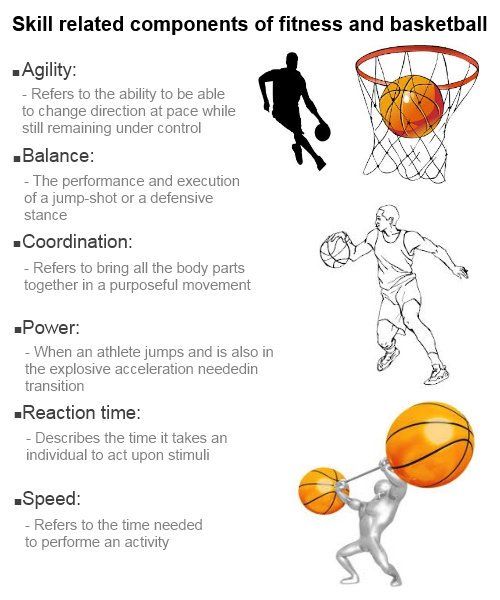 They pay attention to detail and learn at every opportunity.
They pay attention to detail and learn at every opportunity.
Basketball IQ isn’t just about scoring points
Elite basketball players are generally great in all areas of the game, not just getting the ball through the hoop. It’s an instinctive quality that some players just possess naturally, but that doesn’t mean it’s not a trait you can’t improve with hard work and dedication. A player with a high basketball IQ that helps the make the most of their skills is going to excel on the court!
About the author
spencerm
Related posts
How to Develop a High Basketball IQ (and 14 Examples)
A high basketball IQ is the most important trait a player can possess.
Like a Grandmaster in chess, it’s the players who are able to think 3 or 4 moves ahead of the other players on the floor who excel and separate themselves from the competition.
Which is why improving basketball intelligence is a requirement for any player who has intentions of stepping on the floor to compete in the best leagues around the world.
But knowing how to improve it isn’t obvious...
When players are asked how to improve their basketball IQ (or when coaches are asked how to improve the overall basketball intelligence of their team) most struggle to come up with even a semi-decent answer.
In this article I’ll do my best to clear up the confusion.
I’ll show you 5 ways to start improving your basketball IQ today, and I’ll also give you 14 examples of high IQ basketball plays that you can learn from.
But first...
What Exactly is Basketball IQ?Here’s my definition...
Basketball IQ is the ability to pick up on small cues during play that will allow players to anticipate what’s going to happen next with a higher probability.
This requires deep knowledge of the game and a sharp eye for detail.
For example:
The player who is consistently able to slide across the key just in time to plant their feet and draw or charge, or the player who is consistently in position to grab offensive rebounds.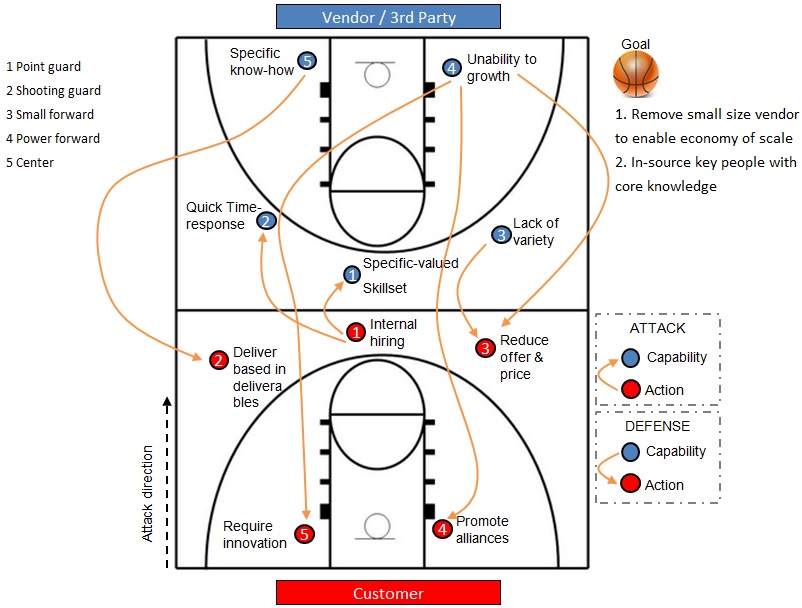
Both of these players are reading the game, picking up on small cues (arc of the shot, reading opponent’s eyes, etc) and then reacting instinctively and immediately to what they’re seeing.
That’s why high IQ players always seem to be in the right place at the right time.
Here’s another definition I read from an expert on the topic:
Ben Alamar, who is the former director of sports analytics at ESPN, said the following about basketball IQ when he was on the Counterpoints podcast:
“The general concept is that the very best players in the world can understand what’s going to happen on the court before everybody else does. So they’re not reacting to what’s happening right now. They’re reacting to what’s going to happen in two or three, four, five seconds. It’s like a chess master who is thinking four, five, six moves ahead. Or as Wayne Gretzky once said, you don’t skate to where the puck is. You skate to where the puck is going to be. And that’s what I try to talk about and try and measure what I’m talking about - the basketball intelligence.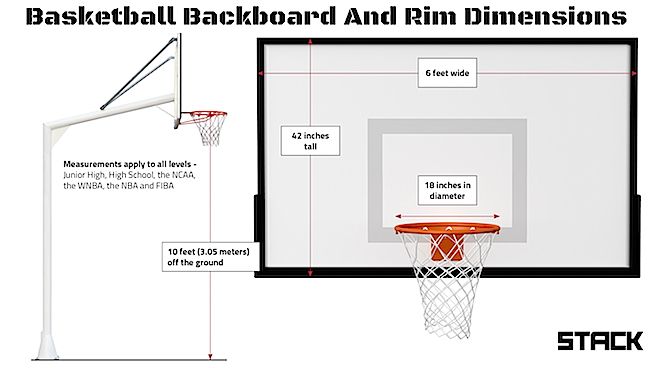 ”
”
How to Improve Basketball IQ:
Without any further ado...
Let’s go over 5 ways you can start improving your basketball IQ immediately...
1. Watch Basketball Games to “Learn”
There are two ways to watch a game of basketball:
- To enjoy
- To learn
I’m not going to tell you that one is better than the other because there is a time and place for both, but you must understand that they’re very different.
When you’re with a group of friends and watching a game for enjoyment, you’re usually not focusing on anything in particular or actively trying to learn from the game.
It’s just entertainment.
Whereas when you’re watching a game to learn, you’re focusing on specific parts of the game with the goal of improving your basketball IQ.
What you’re looking at specifically depends on what you want to learn.
A few things you could focus on:
Defensively:
- What defense are they running?
- How are they guarding pick-and-rolls?
- How are they guarding the opponent’s best player?
- Which shots are they allowing?
- How are they defending the three-point shot?
- Are help defenders in the right position?
Offensively:
- What offense are they running?
- Are they keeping good spacing on each possession?
- Which matchups / defenders are they targeting?
- What do their set plays look like?
- How is their best player scoring most of his / her points?
- Are they playing fast or slow?
Depending on the level of basketball you’re playing and the amount of time your team spends together, this “film study” is sometimes done as a team.
The coach will pull specific clips from games to show the team what they are doing correctly and what they need to improve, or the team will watch the full game together while the coach highlights specific things to look at.
But players should watch games by themselves, too…
Along with the team concepts written above, players should watch individual players they want to learn from and emulate.
For example:
If you’re a point guard wanting to improve your basketball IQ, watch Chris Paul or Sue Bird.
- What do they look for in the Pick and Roll?
- How do they space the floor?
- What are their go-to moves?
- How do they create space using the dribble?
- How do they score most of their points?
Looking at games in this much detail can be time-consuming, but it’s well worth it.
2. Spend More Time Playing
As I said at the beginning of the article…
Basketball IQ is being able to pick up on small cues that allow players to read the play and anticipate what’s going to happen next.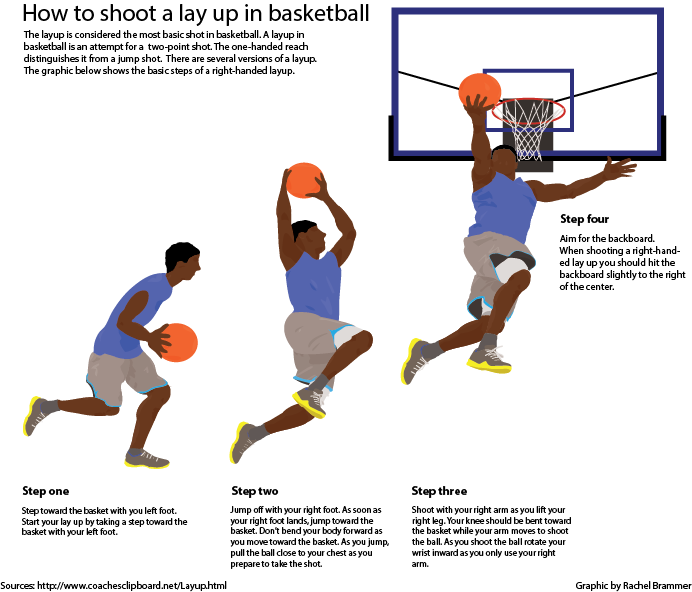
Well, there’s no better way to start noticing those small “cues” than by playing!
This doesn’t exclusively mean live games of 5-on-5 with coaches on the sidelines and parents in the stands either…
- Random pick-up games with friends at school
- 3-on-3 during team practices
- 1-on-1 games against your best friend
- etc
Any of these competitive games with offense and defense counts as playing games.
And the more you play, the more “cues” you’ll pick up on that will improve your basketball IQ.
But here’s the thing…
Players aren’t going to consciously realize it as they gradually pick up these cues and get an understanding for them. Most of this process will happen subconsciously.
For example:
Let’s think about a player executing a backdoor pass.
If you were to ask a player how they knew the backdoor pass was open, most would say:
“I don’t know. I just knew I could make it.”
But what actually happened is they subconsciously picked up on many small cues within a split second that told them (subconsciously) there was a good chance the pass could be made without committing a turnover.
Cues such as:
- Defender’s back to the hoop
- Defender not on balance
- Defender not watching the ball
- Teammate in explosive stance
- Eye contact with teammate
- Noticing there’s no help defense
- On-ball defender relaxed
- etc
These “cues” that allow players to learn the games are skipped over when players spend too much time training individually or 1-on-1 with a skills trainer.
3. Know the Scouting Report
The next thing that will give you a higher basketball IQ is knowing the scouting report.
To put it simply:
You need to know the strengths and weaknesses of your opponents and teammates.
Knowledge of the 9 other players on the floor is absolutely crucial if you want to make the best decision possible in each situation.
A defensive example:
If a player is put in a position where they need to closeout on an opponent…
It’s important to immediately recognize whether the offensive player is a great outside shooter, a great driver / attacker, or if they can do both well.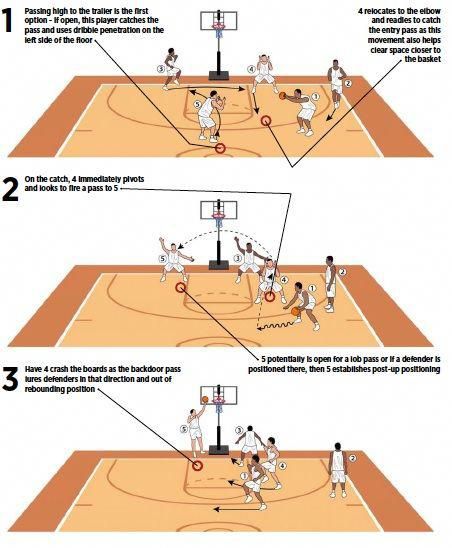
Their strengths will determine how a defender closes out on them.
- If they’re an elite shooter - run them off the three-point line.
- If they’re an elite driver - closeout short and don’t let them attack.
- If they’re elite at both - attempt to prevent both options (not easy).
The same is true on the offensive end of the floor…
In a 3-on-1 fast-break situation, the player with the basketball must take into account the finishing ability of both players when deciding who to pass the ball to.
4. Sign Up to YouTube Channels
Listening to some of the best basketball coaches on the internet break down games and specific players is guaranteed to improve your basketball IQ.
Here are a few of my favorites (in no particular order):
(a) Evin Gualberto
Evin does a fantastic job highlighting specific areas of a player’s game.
This is fantastic for players (and coaches) because it allows you to focus on how great players read the game and perform specific skills in a number of different situations.
For example, Steph Curry passing and relocating:
(b) BballBreakdown
Listen to Coach Nick go in depth analysing NBA games.
He points out specific plays / actions teams are using, high IQ plays and smart decisions that occur throughout the game, and shows us how teams could improve.
For example, Game 5 of the 2019 NBA Finals:
(c) Scout With Bryan
Bryan spent 7 years working in the NBA (Wizards, Raptors, and Hawks).
He know shares his basketball knowledge online which gives people the chance to learn X’s and O’s, analytics, playcalls, tendencies, etc, from someone who has been in the locker room with the best teams / players in the world.
For example, the 4th quarter play the Warriors used to score 8 times:
5. Understand Your Team’s System
Another thing that will assist you to make smart decisions as quickly as possible is knowing your team’s system (offensively and defensively) like the back of your hand.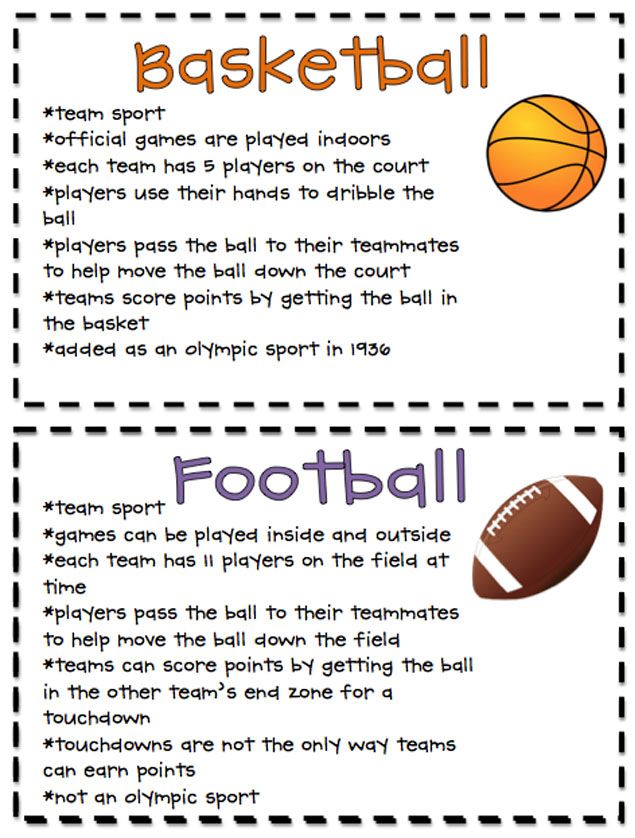
There’s nothing worse than being “lost” on the court.
Players should spend time learning the roles and responsibilities for all positions in case they find themselves required to fill another position on a specific play.
Knowing the team’s system can include:
- Main Offense
- Main Defense
- Defensive Rotations
- Set Plays
- Full-Court Press
- Zone
Everything your team runs throughout a season on both ends of the floor.
And if you’re not sure about something, ASK!
Any basketball coach worth their salt will be more than happy to answer your questions, and this often helps them realize there’s something they need to explain better to the team.
If you’re not sure, there are probably other players who aren’t sure either.
6. Game Awareness (100% Focus)
Another key to executing high IQ basketball plays is game awareness.
Many plays that are considered ‘high IQ’ will depend on making smart decisions based on factors such as time, score, foul count, timeouts, etc.
This requires intense focus and discipline.
Examples:
a. How long is left on the clock?
It’s important for all players to know how much time is left on the game clock (and shot clock), especially towards the end of a close game.
This knowledge can assist you to make smart decision based on time left in the game, such as:
(a) Fouling to send the opposition to the line and get possession
(b) Executing a 2-for-1
(c) Holding the basketball for a last-second shot.
And knowing exactly how much time is left will prevent players from doing silly things like running out the clock during Game 1 of the NBA Finals (2018) when scores are tied instead of passing to a teammate to shoot.
A second example just for fun...
Leading by 2 points with 14.6 seconds left in the game and the shot clock off, Andrea Bargnani took a three-point shot (which he missed) instead of holding up the ball.
Had he done that instead, the Bucks would have been forced to foul and the Knicks likely would have won the game fairly comfortably.
Know the clock, people.
b. How many timeouts does each team have?
For players who are competing in a league that allows players to call timeouts while on the court, it’s important to be aware of how many timeouts your team has left.
If you accidentally call a timeout when your team has zero left, it’s an automatic technical foul.
And if you make this mistake at the wrong time, it can cost your team the game.
Or an NCAA Championship (sorry, Chris Webber).
c. Which players are in foul trouble?
Knowledge of which players are in foul trouble can play a big factor late in games.
For example:
If an opponent’s best player is in foul trouble, you might choose to run a play that makes them the primary defender on a player attacking the basket or in a post up situation.
To avoid fouling out, they’ll often play mediocre defense and won’t challenge the shot.
14 Examples of High Basketball IQ Plays:
A high IQ basketball play doesn’t need to be fancy…
It can be as simple as making an extra pass on offense to a wide open shooter, or holding a box out against a bigger player to allow your teammate to grab an easy rebound.
With that said, below we’ll look at several “interesting and fun” high IQ moments.
These aren’t all thing I’d recommend players copy as there are some controversial plays that may not go with the “spirit” of the game…
But they are all definitely high IQ plays.
Let’s kick things off with...
1. Finding and Exploiting a Mismatch
Coaches and players should be constantly scanning the floor looking for mismatches to exploit.
In the following video, Brad Stevens notices that Horford is being guarded by Aminu as he dribbles the basketball up the court.
Knowing he has the isolation / post advantage, Stevens tells Theis to clear out to the other side of the floor which will create space for Horford to back down his opponent.
This high IQ play leads to two points:
2. Knowing the Weaknesses of Your Opponents
Here’s another thing intelligent basketball players do:
Instead of focusing on which offensive player they want setting the screen in a pick-and-roll, they think about which defender they want to put in a pick-and-roll situation.
In this video, Jokic instructs his teammate to be the screener which forces Boban (who is a poor pick-and-roll defender) to be the screener’s defender.
This leads to an isolation which Chandler was able to take advantage of.
3. Anticipating How the Defense Will Rotate
Most teams have similar rotation rules on defense.
For example:
On a drive to the basket, nearly all teams help from the opposite side of the floor (split line) and then everyone rotates down to “help the helper”.
Smart offensive players can take advantage of this by anticipating where the help will come from, and then passing to the player who will be left unguarded.
Lebron is a player who does this all the time:
4. Faking a Timeout Call
Players need to be sure they’re playing hard and concentrating on the play until they hear the referee’s whistle or the sound of the buzzer.
Because if they don’t, high basketball IQ players can take advantage.
Example:
Assuming that Andre Miller was going to call a timeout, the Hornets players stopped paying attention to the ball and started walking towards their bench.
That’s when Miller exploded towards the basket and finished with a relatively easy layup.
5. Holding the Ball for a Last-Second Shot
Smart clock management is a clear sign of a player with a high basketball IQ.
The most obvious example of this is when a player keeps possession of the basketball while the clock winds down, and then takes a shot with only a few seconds left.
Doing so ensures your opponent won’t get another shot attempt.
Damian Lillard’s incredible 37-foot last-second shot, for example.
(he probably could have got a better shot than this)
6. Get an Extra Shot Using the “2-for-1” Strategy
This strategy only works for teams who play in a competition with a shot clock.
(that should be every high school team)
Here’s an example:
The Lakers are down by 4 points with 31. 7 seconds remaining on the clock.
7 seconds remaining on the clock.
To ensure they’ll get two more shots before the end of the game, the Lakers run a play for Kobe Bryant that results in an immediate three-pointer.
So even if the Raptors use the entire 24-second clock on their next possession, the Lakers will get the basketball back with a chance to tie or take the lead with 5 seconds remaining.
7. Making the Extra Pass For a Better Shot
Coaches love players who will turn down their ‘good’ shot for a ‘great’ shot by a teammate.
This requires players to know:
(a) The strengths of their teammates (who can shoot)
(b) Read how the defense is closing out
(c) Be aware of where their teammates are
The San Antonio Spurs have made the ‘extra pass’ part of their championship DNA.
Check this out:
8. Dribbling Into the Opposition Coach
This isn’t something I’d recommend you do, but it’s definitely a high IQ play.
Knowing that if a coach makes contact with an opposition player it’s an automatic technical foul, Jason Kidd dribbled into Mike Woodson who was coaching the Hawks.
Coach Woodson, who was a step on the court directing his players on defense, attempted to get out of the way; but Jason Kidd stuck out his forearm and made contact.
The result?
A technical foul on the Atlanta Hawks.
According to this article, Jason Terry called it the smartest play he’d ever seen.
9. Intentionally Spill a Drink for a Free Timeout
Another veteran Jason Kidd stunt.
Down by 2 points with 8 seconds left on the clock and no timeouts remaining, Jason Kidd told one of his players to “hit me” as he was holding a drink.
When contact was made, Kidd intentionally spilled his drink on the court.
This basically gave the Brooklyn Nets a “free timeout” as Kidd was able to draw up a play for the team to run while the liquid was being cleaned up.
10. Hiding Behind a Coach for an Easy Steal
Back in the 2016 NBA season, Marcelo Huertas (Lakers player) hid behind Erik Spolestra (Heat’s coach) after a stoppage for free throws.
Then, as the opposition point guard advanced the ball up the court, Huertas appeared from his hiding spot to tap the basketball from behind straight to a teammate.
Crafty steal.
11. Allowing the Clock Run Out
With a decent lead towards the end of the 4th quarter, Ty Lawson found an intelligent way to wipe some time off the scoreboard and prevent any chance of a comeback.
Here’s how:
Knowing that the 24-second clock doesn’t start until a player inside the court take possession, Ty Lawson allows the basketball to slowly roll up the court.
This winds down the game’s main clock, but doesn’t take any time from the shot clock.
He waits until an opposition player steps up to challenge before taking possession.
12. Inbounding the Ball Off the Opponent’s Back
This is one of the more common “trick” plays.
Every player has attempted this once or twice during a pick-up game, and some players even have the confidence to do it during real games when the coach and crowd are watching on.
It’s simple…
When the opponent turns their back on the player inbounding the ball, gently pass the ball off their back, step onto the court, grab the ball, and look to score.
This is most commonly done when the basketball is on the baseline, but can be done anywhere on the court if the defender presents you with the opportunity.
For example, Ben Simmons:
13. Not Allowing the Opponent to Take a Game-Tying 3-Pointer
You’ve probably heard coaches talk about whether to “foul or defend” in a close game.
Meaning:
When your team is leading by 3 points with only a few seconds on the clock, is it better to:
a. Foul the opponent and send them to the line for two free throws.
b. Defend and hope they don’t make the three-point shot.
(I believe the answer to this question depends on the level you’re coaching)
In the best competitions featuring the world’s best three-point shooters, it’s a high basketball IQ play to recognize this during a game and be willing to take the foul.
For example, Rajon Rondo:
14. Only Guarding the Three-Point Shot
Let’s look at Rondo’s insanely high basketball IQ again…
The Hawks had possession on the sideline trailing the Kings (who Rondo played for) by 3 points with only 1.9 seconds remaining on the clock.
Knowing their only chance to win was to make a three-pointer, Rondo directed his teammates to only guard the three-point line on the final possession.
If the Hawks wanted to pass inside and make an open layup, go for it.
That would ensure a Kings victory.
Conclusion:
There’s no shortage of dedicated players who are willing to dedicate 1,000’s of hours in the gym by themselves working on their shooting and ball-handling.
And while that will definitely help them improve…
There aren’t enough players who are dedicating time to improving their basketball IQ, which is equally important (if not more important) in determining a player’s long-term success.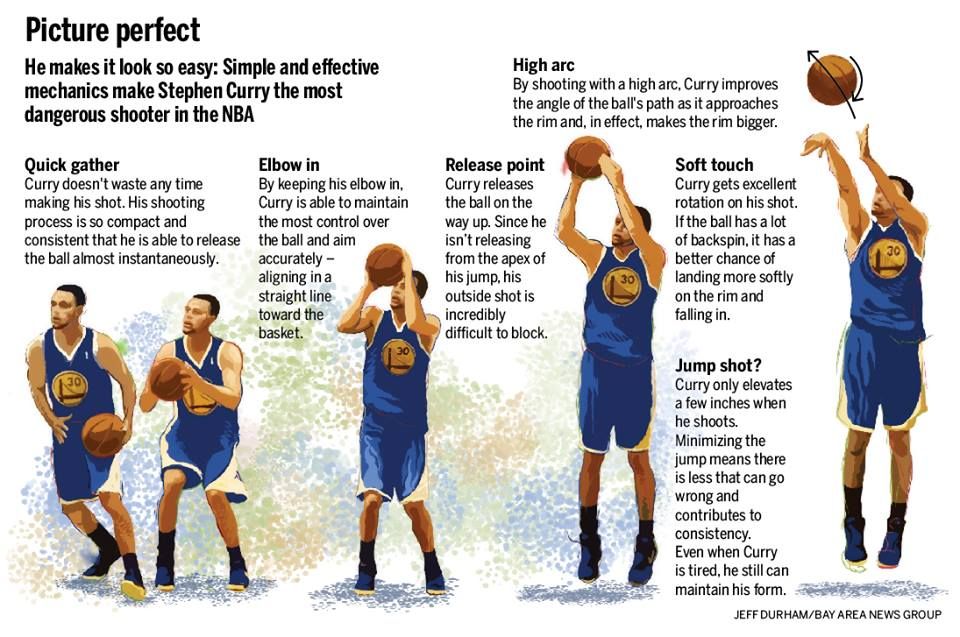
But there’s still hope...
In my opinion, the lack of time spent improving basketball IQ by players has more to do with not knowing where to get started than a lack of interest or desire.
Share this blog post with your players to help them get started.
- Coach Mac
How to improve understanding of the game using the basketball simulator? - AP-Tempo - Blogs
I constantly say that we live in an era of fantastic technologies that we do not know how to use. This applies to both European clubs and ordinary fans. Very often I am asked about methodological literature that can suddenly improve your, by its own admission, rudimentary understanding of the game. This is a road to nowhere if you objectively evaluate your capabilities. Cause? Such books require visualization more than anywhere else, and it is impossible without an understanding of the basics of basketball, which are not laid down in those who are about to join our community or simply want to move to the next level from the rank of “everyman on duty”.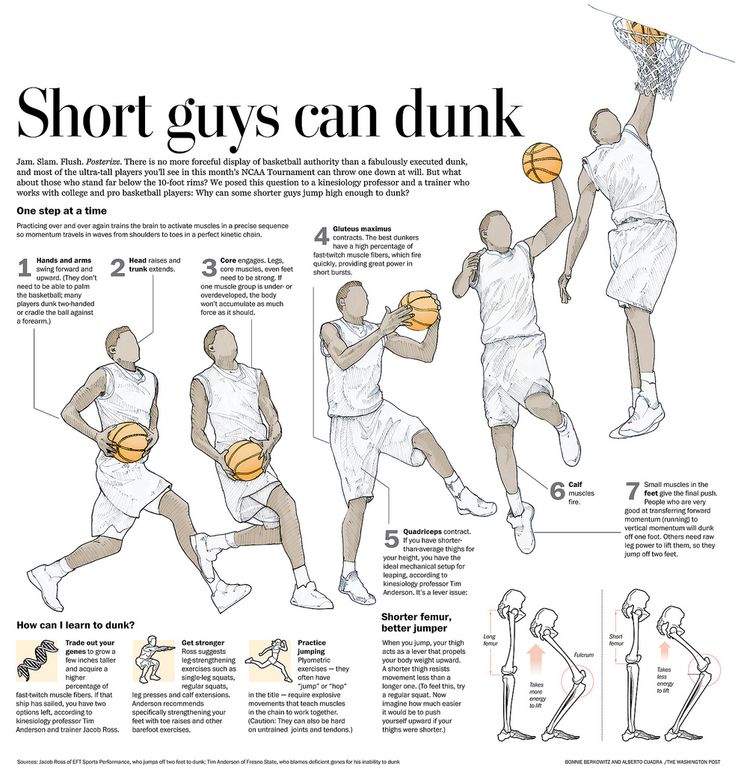 In order to benefit from such things, you need to lay the foundation and the foundation for it is much easier to take than you think. And it's a basketball sim, but not quite in the way you're used to. The key word is simulator. If a simulator is used to learn how to operate a rover, why can't it be used to learn how to understand basketball?
In order to benefit from such things, you need to lay the foundation and the foundation for it is much easier to take than you think. And it's a basketball sim, but not quite in the way you're used to. The key word is simulator. If a simulator is used to learn how to operate a rover, why can't it be used to learn how to understand basketball?
I started exploiting the hidden power of basketball sims in the much-loved NBA Live 2005, which, despite its block-shot stupidity, was objectively EA's best orange-ball product. It was in it that I drew attention to the competent “playbook”, “tablet”, call it whatever you want. It was crooked, it was not quite possible to apply it correctly in the mochilov itself, but it was not so important. He gave a theory. In the game menu, a moving model with chips was used, according to which it was possible to study the movement of the players and the ball during each specific draw. Since then, I've just soaked up most of what was laid down in those moments.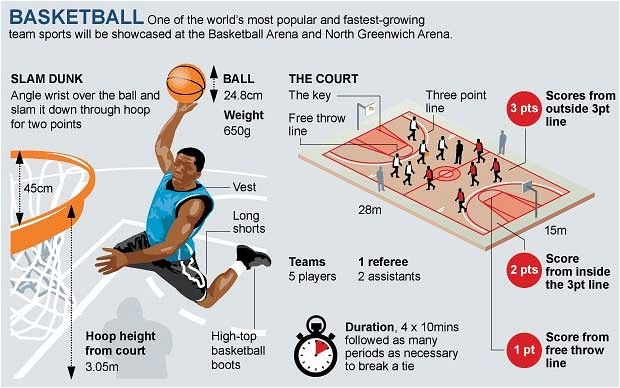 For example, when the same Live began to be released only on consoles and the series was already dying, there were still key changes: digital, statistical analytics, which was called Dynamic DNA, applicable to absolutely every basketball player who was in the database.
For example, when the same Live began to be released only on consoles and the series was already dying, there were still key changes: digital, statistical analytics, which was called Dynamic DNA, applicable to absolutely every basketball player who was in the database.
The server automatically updated you with data about what this or that player is inclined to in each specific position: where he throws, where he passes, where he passes. It was crooked, it worked through one place, but it was still fundamental things in an accessible presentation. You could not play it, you could just study. It was hoopdata before it appeared, information that you could immediately feel with your hands. These ideas have evolved since then, they are embedded in every player and in 2K (go to "edit player" and scroll down to trends) and it really helps. But, there is one recipe for improving the vision of basketball, which is applicable precisely because of 2K.
This is the full use of the playbook.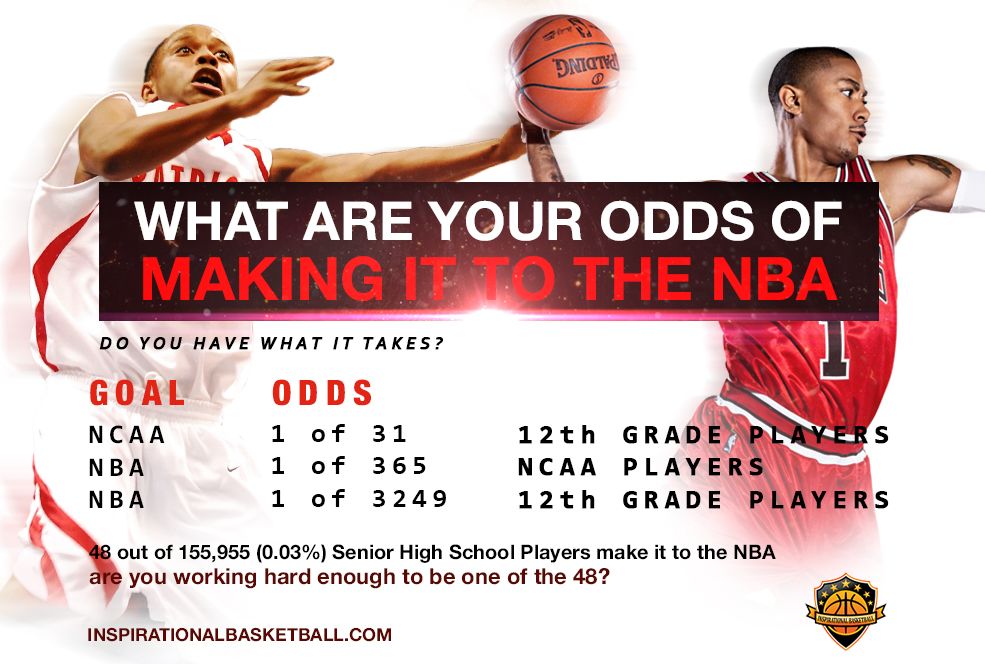 Most of the basic combinations for each specific NBA team are initially laid out in it, in order to use the strengths of each specific player: an excellent player in deep posting fourth, a good pick-and-roll center, or running through the fences of the second. A whole set of "draws" is applicable to each specific clip of all 30, and any club has its own elements that have been proven over the years. Due to such functions, developers are trying to achieve realism in the first place. On top of that, there are plenty of ancient combinations, Seattle, Utah, Lakers, Magic, focused on the strengths of your dominant player: tall point guard, elite assistant, powerful front line player, and whoever you want. There are moments from the triangle, from everywhere. I spat on 2K13 because it went for simplification and the computer chooses for you the combinations “the best combination” or “play the player there” directly in the game. It's not that, it's a general tendency to fool around. It's arcade.
Most of the basic combinations for each specific NBA team are initially laid out in it, in order to use the strengths of each specific player: an excellent player in deep posting fourth, a good pick-and-roll center, or running through the fences of the second. A whole set of "draws" is applicable to each specific clip of all 30, and any club has its own elements that have been proven over the years. Due to such functions, developers are trying to achieve realism in the first place. On top of that, there are plenty of ancient combinations, Seattle, Utah, Lakers, Magic, focused on the strengths of your dominant player: tall point guard, elite assistant, powerful front line player, and whoever you want. There are moments from the triangle, from everywhere. I spat on 2K13 because it went for simplification and the computer chooses for you the combinations “the best combination” or “play the player there” directly in the game. It's not that, it's a general tendency to fool around. It's arcade.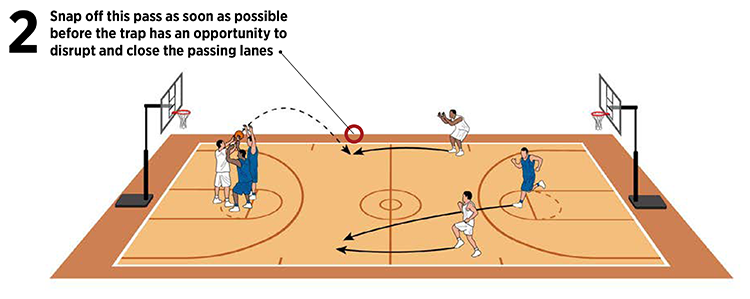
Take the twelfth, take any team and run all these combinations yourself. You don't need to look at the score, you don't need to look at the showiness, play them point-to-point until you learn them. Be sure to leave markers that show who and where should run, this is necessary. You can train them if you don't fully understand. In the menu you will see all the same moving chips from eight years ago, which are theory, what the coach draws on the tablet to NBA stars, and then in the game, in half a minute you will directly get the practice, just like them. Learning a combination in this way is a trifling matter, like a few, like a dozen, fifty, etc. But, there is no need to rush.
When you have mastered it perfectly, break it. Broken play sometimes benefits the layman. Turn on this play, but watch how the computer-simulated defense reacts to it. Where there is space for a passage, where you can throw an open ball, where you can give a pass for easy points and use the "Direct Pass". This will teach you how to open the defense and help you realize how cool the real team worked on the defensive when they did not create such bald spots and the defenders quickly returned to their players. When you learn to take advantage of the main “development path” of the combination and the alternative one that you yourself just came up with, reacting to the actions of the defense, you will immediately add to your understanding of the game. It works even with one combination, and now imagine the same fifty, one hundred. There are a lot of them in the base of the game and this is the information that you can easily extract from it.
This will teach you how to open the defense and help you realize how cool the real team worked on the defensive when they did not create such bald spots and the defenders quickly returned to their players. When you learn to take advantage of the main “development path” of the combination and the alternative one that you yourself just came up with, reacting to the actions of the defense, you will immediately add to your understanding of the game. It works even with one combination, and now imagine the same fifty, one hundred. There are a lot of them in the base of the game and this is the information that you can easily extract from it.
Practice even for a few weeks, then download an NBA game you haven't seen, play it on the big screen and watch it. You will learn a huge number of moments that you yourself have just worked out and understand where and how well the defense, attack, point guards, high played. Who failed and how it was necessary to work out this episode. It's much easier than it looks.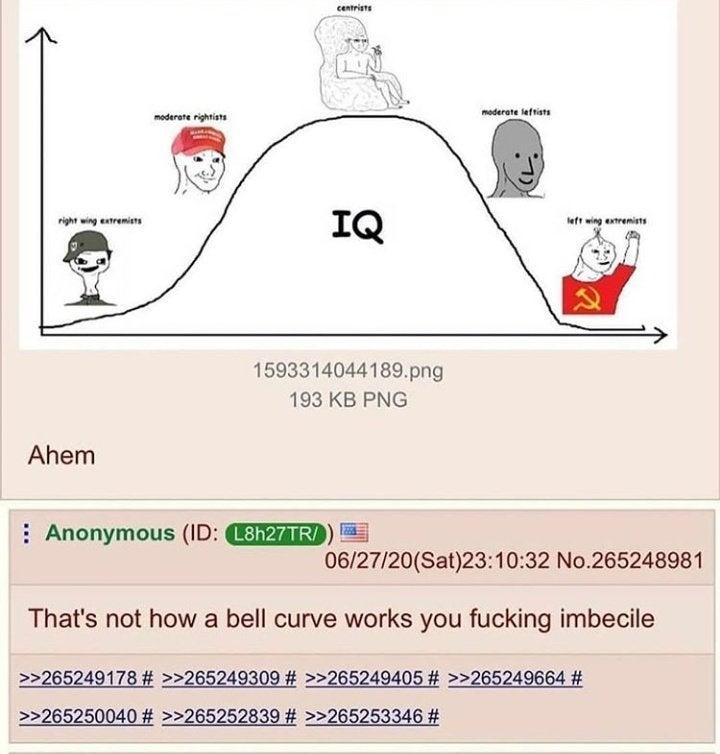
Of course, basketballsims don't give you ATOs (after time-out plays), which are generally hidden from the eyes of the uninitiated, these moments are incomparable to the computer simulation of game situations that Westbrook went through when drafting at OKC (where they created a special video game for reaction speed and quality decisions taken), but this is already a storehouse of a huge information and tactical base that everyone has. This is your NBA, and it is accessible and understandable.
It will give you much more than methodological literature, because you will see how it should work in theory and immediately put it into practice with your own hands. The most complex visualization will be carried out for you by the simulator engine. And who said that you will not be able to apply this knowledge directly on the court with a real ball? It will be much easier for you to analyze the actions of your favorite team, your favorite players or kill unwanted ones when you find out from the player movement model what was planned and what eventually gave birth to this scarecrow :)
There are still a lot of models of self-development, the main thing is just not to be lazy and try to notice them.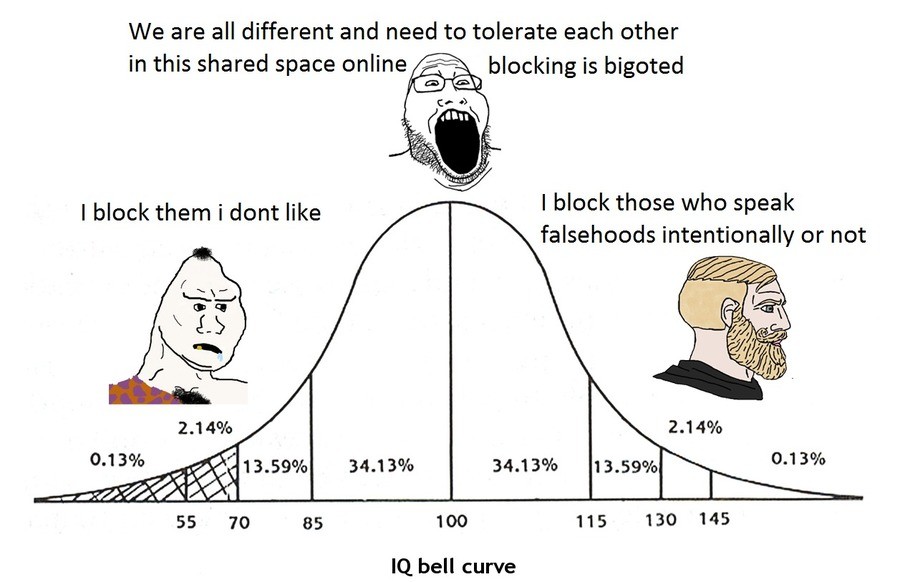
How can a basketball player develop without access to the gym?
4 tips to become a better player, athlete and personality
It happens to everyone that you want to train, move forward, progress, but there is no access to the court and the gym. This article contains 4 recommendations for this case. Read and apply.
1. Start monitoring your diet and sleep
One of the important components of progress and development on the site is recovery, and nutrition and sleep are its foundation. Without this, stretching, contrast showers and everything else make little sense.
So you can not sit if you sleep 4 hours a day
2. Work on your body
This does not always require a basketball hall or even a gym. Charging, yoga and stretching, some other recovery procedures (only with a really heavy load), core is the minimum that can be done at home.
In fact, at the initial stage, it is possible to exercise effectively and beneficially for the body at home. Add this and you will already become the best around, because you will train more.
Add this and you will already become the best around, because you will train more.
Images from our online school where you can train at home
3. Analyze matches
This will help you better understand the game and increase your basketball IQ. Analyze your game and the game of professionals you want to be like, analyze your opponent. And always pay attention to details.
Kobe Bryant was a crazy basketball player down to the last detail. He watched the matches and noticed the details so much that he knew how his opponent would act in any situation. In his book, he described a moment where, thanks to analysis, Kobe dunked through the center opponent, because he knew how he would put his hand to resist, and was able to remove it.
Curry said that when he watches his games, he pauses and notes what decisions he can make. Then he chooses the best and turns on the tape to test himself in the game. You can do that too.
You can also look at professionals.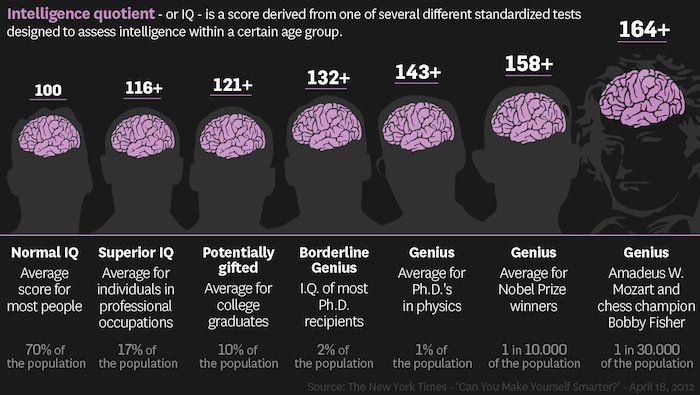 You turn on the match of a player you are similar in style to and follow his every move.
You turn on the match of a player you are similar in style to and follow his every move.
Kobe does not waste time watching the game during the flight
4. Learn
Read books, watch educational and useful videos, do something else. You may not become a professional basketball player, but you can always become a good person.
To be successful in the game, one must not only have good athleticism and skills. Knowledge in psychology will help you better understand the actions of opponents. Communication skills will help build better relationships with teammates. Good time management will allow you to use your time more efficiently. A successful career consists not only of playing on the court, but also of acting outside of it.
We add material and tools to the online school that help not only in basketball, but also in life. Some guys start to study better and do more things in a day, because they become more disciplined and learn a lot of new things.